Name-calling, exaggerated touting of records and unfettered spin: It’s not the presidential primaries…well, it IS, but such misbehavior also describes the college football season. In particular, Baylor’s Art Briles and Auburn’s Gus Malzahn used the platforms afforded them during the exposure extravaganza that is the annual ESPN car wash.
Art Briles suggested despite its 11-1 record and share of the Big 12 championship with TCU — which was effectively an outright Big 12 title, given the Bears’ head-to-head win — Baylor was left out of the College Football Playoff because of its “brand name.”
Art Briles: “If Baylor or TCU had an older brand name, one of us would have got in the @CFBPlayoff”
— Brett McMurphy (@McMurphyESPN) July 22, 2015
This was a topic I opined on earlier in the week, focusing specifically on the conference’s two big brand-name programs, Oklahoma and Texas. All things being equal, even Oklahoma and Texas would have struggled landing a berth in the Playoff — but then, all things weren’t equal.
Art Briles’ detractors will point to a loss to middling West Virginia, but Ohio State, which leapfrogged Baylor, lost to a similarly middle-of-the-road Virginia Tech. What kept Baylor out of the Playoff wasn’t the name Baylor, but rather the names SMU, Northwestern State and Buffalo.
Briles defended Baylor’s less-than-daunting nonconference scheduling earlier this offseason, but reality is that a docket completely bereft of even one nonconference challenge will keep a team out.
In fairness to Briles, he did defend TCU’s exclusion, and the Horned Frogs played a Minnesota team ranked in the Top 25 late in the season, which came a win away from the Big Ten Championship Game. The conundrum for the committee with TCU had more to do with its head-to-head loss to Baylor, and rewarding the Frogs above the Bears, than it did TCU being left out for name.
The SEC has no concerns about name recognition, but Auburn head coach Gus Malzahn’s complaints come from a tired narrative that, of late, is having increasinly more holes poked through it:
Auburn's Malzahn told me he thinks SEC at disadvantage in CFP because of strength of the league. Others fresher for playoff as result.
— Trav Haney (@TravHaneyESPN) July 21, 2015
We have all of one year of empirical evidence, and Gus Malzahn has zero personal experience to test this theory. It’s pure narrative-pushing, and the kind of bellyaching that has come out of the most protected conference in college football in recent years, of which the rest of college football is fatigued.
Baylor’s poor nonconference schedule contributed to its Playoff exclusion, and similarly, Auburn’s late-season date with Idaho punches a substantial hole in Gus Malzahn’s complaints. While the rest of college football is playing conference games, much of the SEC is taking on lower-tier Sun Belt and FCS opponents.
To wit, Alabama played Western Carolina last November on the same week the Crimson Tide’s semifinal opponent Ohio State played Indiana. Now, Indiana wasn’t a great team by any measure, but the Hoosiers did beat SEC East champion Missouri on the Tigers’ home field — the same Missouri contributing to that exhausting gauntlet putting Alabama at such a disadvantage.
Still, the Malzahn/Muschamp 2016 ticket touts a populist approach, advocating for Playoff expansion. Of course, much like in politics, this new policy isn’t meant to aid the disenfranchised. Oh, no, an 8-team Playoff isn’t about giving a Boise State a chance, but rather offering more opportunity to the already well-off SEC.
Auburn's Malzahn calls for playoff expansion to 'guarantee' two SEC teams get in http://t.co/4HOoqM1O61 pic.twitter.com/rWSY9pqyMj
— Auburn Tigers Hub (@AuburnTigersGo) July 22, 2015
We need to expand the Playoff to guarantee the SEC teams. Super. Here’s an idea: Why don’t we just have a 16-team so that all 14 SEC programs can participate? Why limit the field to just two, which statistically isn’t any more of an advantage than one SEC team representing in a four-team tournament.
It’s not as if politicking in college football is new. You’ll probably find more support for Donald Trump’s presidential bid in Berkeley than you will defenders of Mack Brown. The brand name Big 12 coach hit the airwaves aggressively in 2004 to campaign for Texas to land in the Rose Bowl ahead of the Cal, and his efforts paid off.
When the Utah Attorney General threatened to sue the BCS for antitrust in 2009, the writing was on the wall: Politics are going to be a part of the process. Baylor, which hired a PR firm to bolster its case for last year’s Playoff, took it to its next logical place. Through the SEC Network, Malzahn’s conference has a 24/7 outlet that works for the Southeastern Conference the way certain cable news channels work for the Republican and Democratic parties.
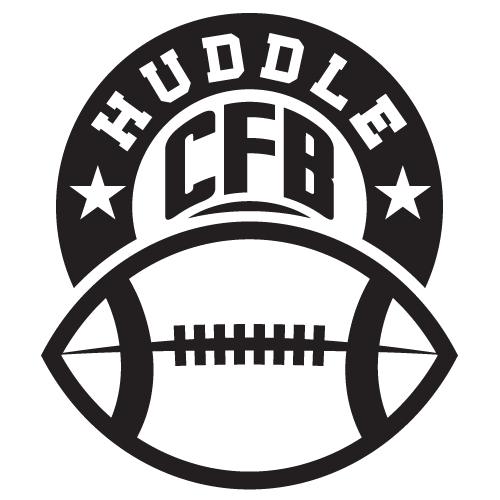
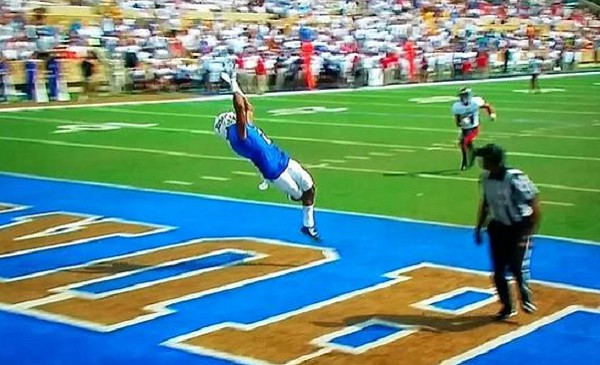
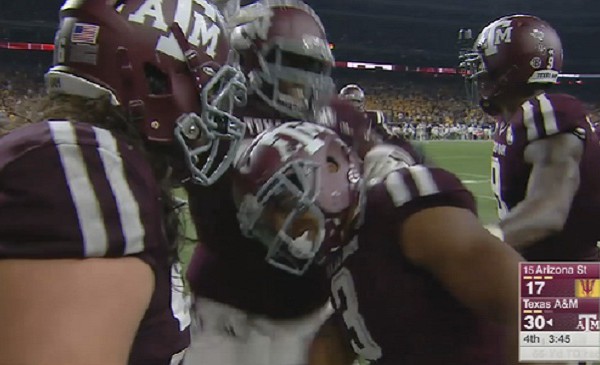
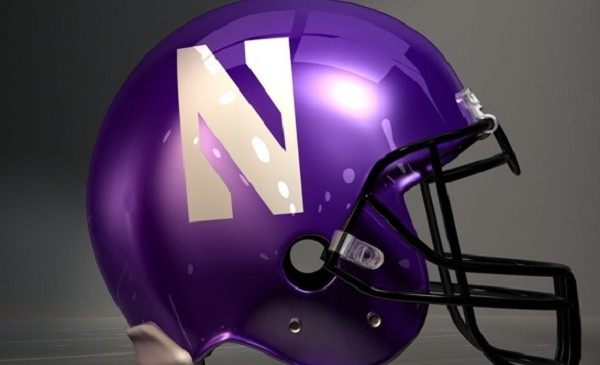

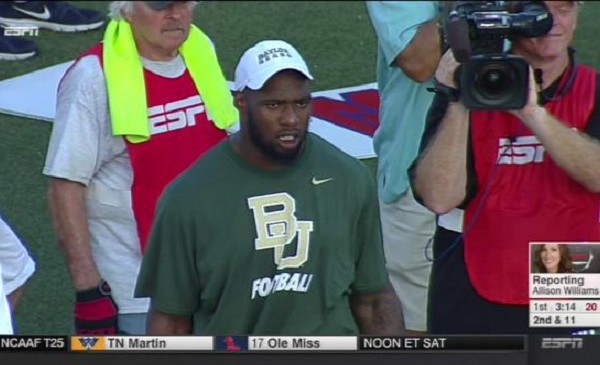

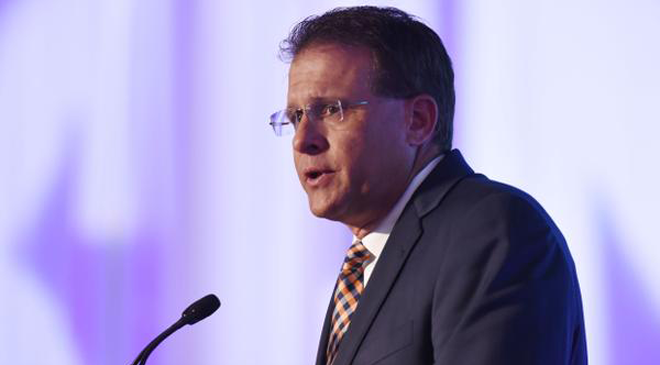
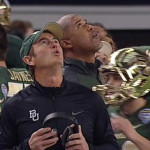
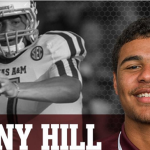
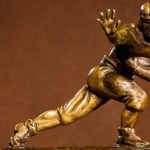
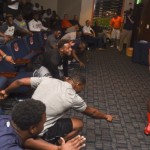
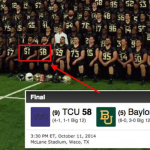
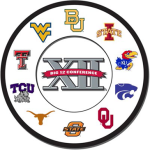


[…] Playoff Politics: Briles and Malzahn on Campaign Trail […]